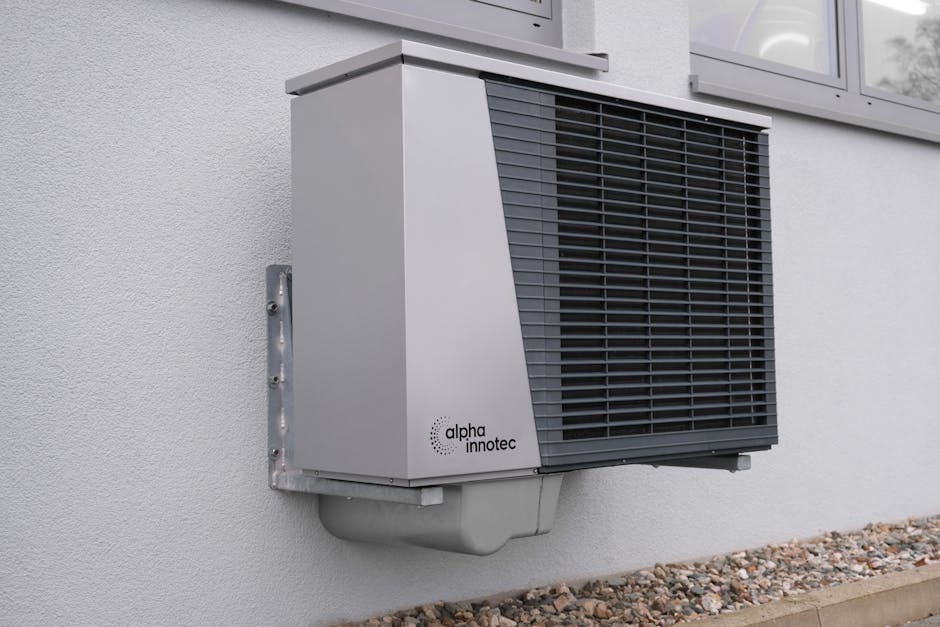In today’s modern homes, maintaining a comfortable indoor environment is essential for both well-being and productivity. Residential HVAC (Heating, Ventilation, and Air Conditioning) systems play a crucial role in regulating indoor temperatures, ensuring proper air quality, and providing necessary humidity control. As professionals in the field of construction, real estate, or facility management, understanding the intricacies of these systems can significantly enhance your ability to serve clients and manage properties effectively.
HVAC systems are not just about comfort; they also contribute to energy efficiency and sustainability. With growing concerns about climate change and energy consumption, choosing the right HVAC system has become increasingly important. This article aims to provide an informative overview of residential HVAC systems, including their components, types, and best practices for maintenance and energy efficiency.
At the heart of any HVAC system are its key components: the furnace, air conditioner, ductwork, and thermostat. The furnace is responsible for heating the home, while the air conditioner cools it down during warmer months. Ductwork serves as the distribution system for conditioned air, and the thermostat regulates the temperature by signaling the HVAC system to turn on or off as needed. Understanding these components is vital for professionals who may need to troubleshoot issues or recommend upgrades to clients seeking improved comfort and efficiency.
There are several types of HVAC systems available for residential use, each with its own set of advantages and disadvantages. The most common types include central air conditioning systems, ductless mini-split systems, heat pumps, and geothermal systems. Central air conditioning systems are ideal for larger homes with existing ductwork, while ductless mini-split systems are perfect for homes without ducts or for individual room control. Heat pumps offer both heating and cooling capabilities, making them versatile options, and geothermal systems utilize the earth’s stable temperature for efficient heating and cooling. Familiarity with these options enables professionals to better advise clients based on their specific needs and home configurations.
Maintenance is a critical aspect of ensuring the longevity and efficiency of residential HVAC systems. Regular inspections and servicing can prevent costly breakdowns and improve energy efficiency. Professionals should recommend that homeowners change air filters regularly, clean coils, and schedule annual maintenance checks with qualified technicians. Additionally, educating clients about the importance of maintaining their HVAC systems can foster trust and enhance client relationships, positioning you as a knowledgeable and reliable resource.
Energy efficiency is a significant concern for many homeowners, and HVAC systems are often the largest energy consumers in a household. Professionals should be well-versed in energy-efficient technologies, such as programmable thermostats, variable-speed motors, and high-efficiency filters. Additionally, understanding the importance of proper insulation and sealing can help reduce energy loss, leading to lower utility bills and a smaller carbon footprint. By promoting energy-efficient practices, professionals can help clients make informed decisions that benefit both their wallets and the environment.
In conclusion, residential HVAC systems are integral to maintaining a comfortable and healthy living environment. As professionals, having a comprehensive understanding of these systems allows you to provide valuable insights and recommendations to clients. From familiarizing yourself with system components and types to emphasizing the importance of maintenance and energy efficiency, your expertise can significantly impact client satisfaction and overall property management.
Ultimately, staying informed about the latest advancements and best practices in HVAC technology is essential for professionals in the field. By doing so, you not only enhance your own knowledge but also empower your clients to make informed decisions about their residential HVAC systems, leading to improved comfort, efficiency, and sustainability in their homes.

